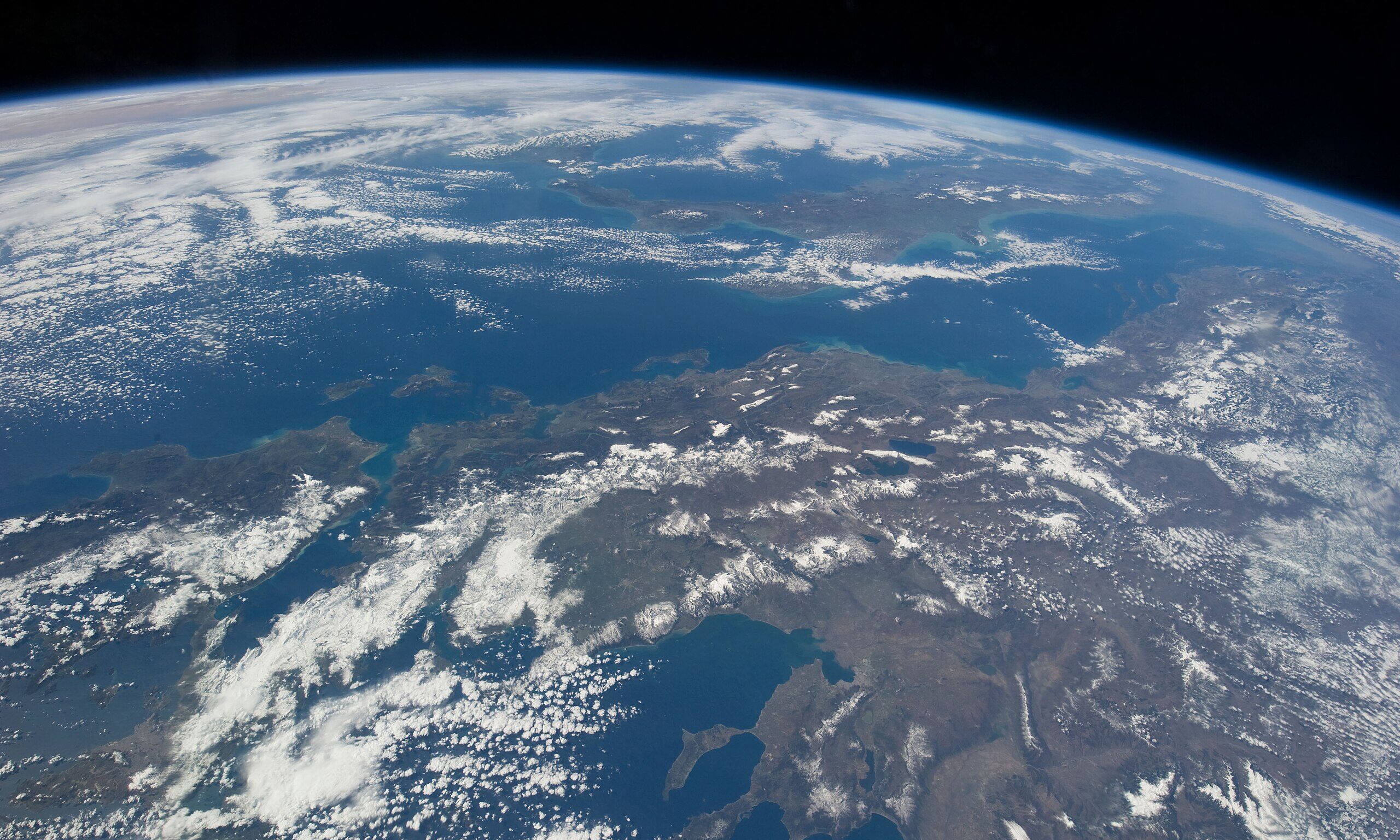In our time death is no longer a biological certainty but a personal choice. People live for hundreds of years thanks to advances in genetic therapies and when their bodies finally give out their minds can be transferred into an artificial frame or a cloned organism. We have no conception of currency or scarcity. All desires and needs can be met and while vast thinking machines beyond our understanding run the logistics which maintain our civilization, we are free to live our lives in the pursuit of pleasure, arts, philosophy, athletics, and love.
With the abolition of scarcity and our great city-ships given over to the thinking machines, we have few explicit rules to govern our society. Our single great law forbids anyone to disappear forever into the gray of nonexistence. Of course, we do not impose life on those who choose for whatever reason to autoeuthanize. Any who decide to leave the waking world are stored eternally in dreamless sleep in order to preserve their experience. Accidental death, though extremely rare, can be reversed through a similar process.
We have few religious beliefs as a culture, though individuals are free to hold whatever personal convictions they feel are proper. Instead, we have come to worship information as one of the few inherent goods of the universe and despise the senseless destruction of it caused by the wars, greed, and laziness of the past. Our records of historical, literary, and sociological information are unprecedented and freely accessible by all.
We began this project when we reached the stars. For centuries, we had looked outwards — but as we explored the galaxy, first through telescopes and other instruments and later through robotic probes, we realized that there were no traces of life, extant or otherwise, to be found. There are those who continue to hope that life does exist far, far out beyond our reach and that we may one day commune with some form of alien intelligence. But for all intents and purposes, we are alone in the universe. And so, realizing finally that space was a barren expanse, we turned inwards, exploring the depths of our species’ history.
Of course, humanity has always sought to preserve knowledge through records, libraries, and museums. In the early 21st century this impulse extended to hobbyist efforts to restore and save media — stories, audiovisual entertainment programs, interactive software — which had become lost in the period since its initial release. In the same way, amateur historians amongst us now seek to uncover information about the individual lives which expired before we conquered mortality. We mourn the billions and billions who came before us, whose lives are irretrievably lost to entropy. And we seek to reconstruct them as best we can, through journals, images, and other historical detritus.
We do not limit ourselves to those of historical note, nor to famous deeds. We build vast digital halls in which the lives of all human beings who ever lived are memorialized and painstakingly rebuilt. Daily habits, preferences in food and drink, personal philosophies, fears, triumphs, and more are all considered essential information.
Greg Azarian, regional manager for a firm that sold surgical supplies in the northeastern area of the United States of America in the early part of the 20th century, liked fishing and enjoyed Thai cuisine. His favorite color was blue. Zhu Yi Peng-Masters, a 22nd century laborer, cultivated an interest in male homoerotic stories and often wore denim jeans when she was off duty, a popular retro style at the time. Imran Dkhar lived in 19th century India and was fascinated by wide, looping circles birds made as they soared across the sky. He had a limp from a childhood accident in which his leg was broken and never properly healed. 2XP-Silver was an indentured worker for a corporation in the mid 2800s, their body retrofitted with cybernetics to complete repairs to the orbital stations which received raw materials from outer solar colonies. They played Chess, nurtured a secret crush on a major holo-vid celebrity, and never knew their birth parents.
We know that our efforts may ultimately be pointless. Our science has determined that the most likely fate of the universe is heat death, the final extinguishing of all information. And we are not so overconfident that we expect our civilization to survive unchanged until then. Perhaps whatever we become in the future will not be so interested in our past. Perhaps we will one day encounter something out in the dark which we had not anticipated, and it will be as if we had never been.
But still we work on our libraries, our enormous monuments to ourselves, testaments to our existence as the sole inheritors of the universe. We build our databases out of curiosity, pity, a sense of duty. We build them to honor those who came before us, whose lives have disappeared into the vortex of eternity. We build them, finally, because we are human.

Leave a Reply